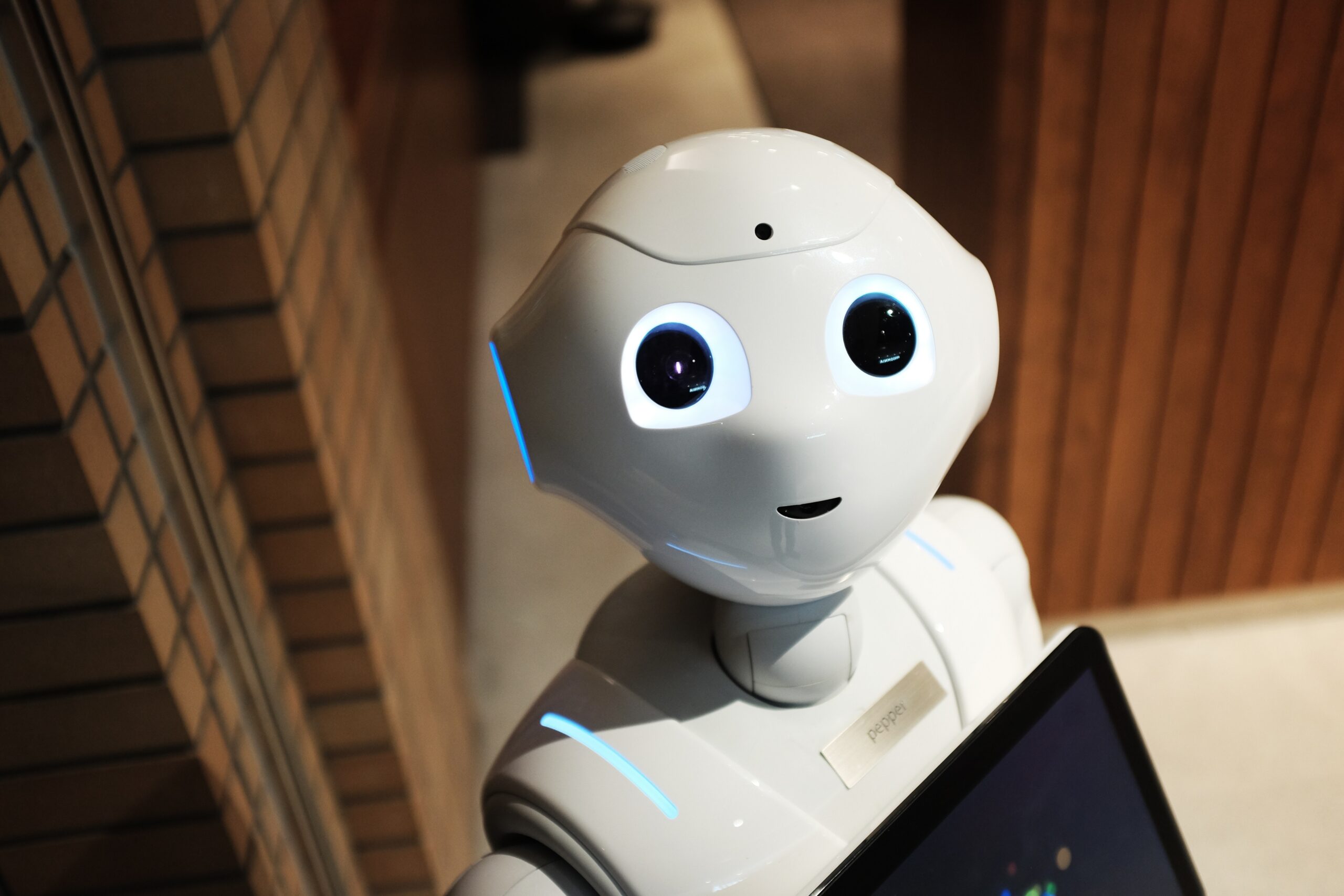Artificial intelligence (AI) tends to sound like something from a sci-fi movie rather than something which can be practically useful in day-to-day care provision. However, the reality is that AI is increasingly being used in a variety of different ways in the social care sector to benefit the people we support, staff and the business itself.
At the beginning of this year, I wrote an article in this magazine about the emerging use of AI in a couple of different areas of social care. One area is how AI is being used to make rostering easier for managers where I mentioned that NDGAI have developed an algorithm to automate scheduling in domiciliary care to match carers to clients based on their needs.
Another example was the increasing use of AI in care planning software. As the information in a care plan is digitised, AI can start using this data to spot patterns and make predictions at a speed which isn’t possible with paper records. There are already some emerging studies on how this can improve care outcomes for people.
Last year, the Government announced the launch of the Digitising Social Care Fund to support adult social care providers in England. In the last month, Integrated Care Systems (ICSs) have begun to announce how this funding can be accessed and many of them have indicated that funding will be available to adopt “sensor-based falls technologies”. The main type of technology that will be piloted is “acoustic monitoring software”. This works by replacing the need to go into residents’ rooms overnight to check on them and therefore disturbing their sleep, with a monitor which alerts staff if noise goes over a certain volume, so they know to go and check on someone.
With funding now available in some areas to pilot a range of new technologies it is exciting to see what developments will happen in the world of AI in the next few years.




